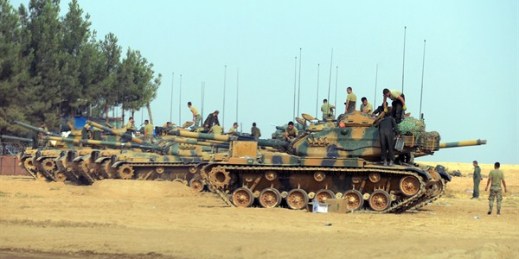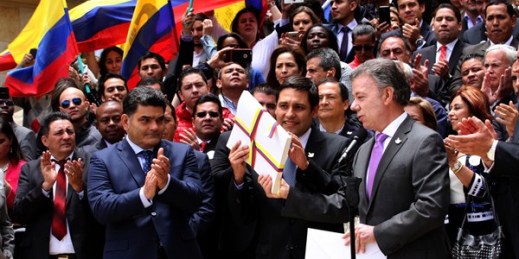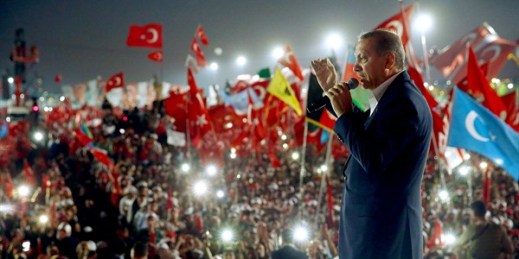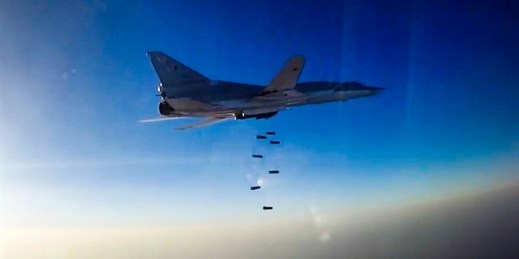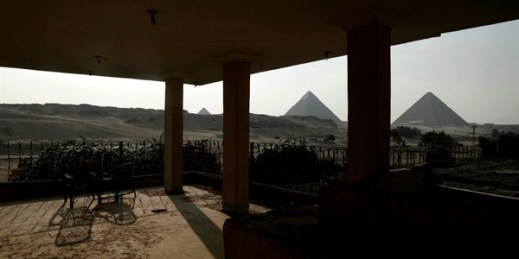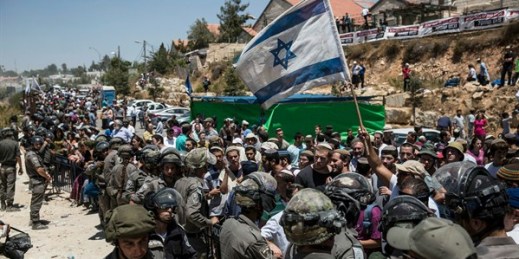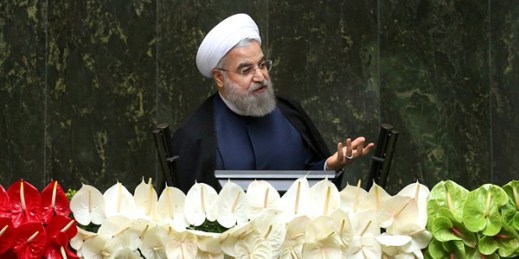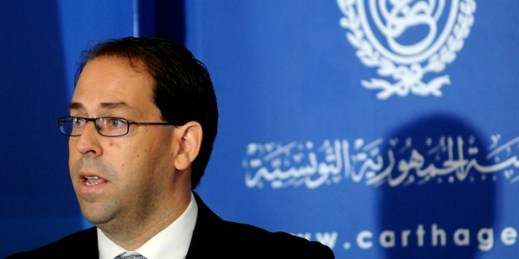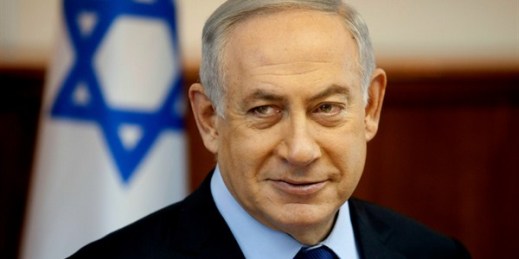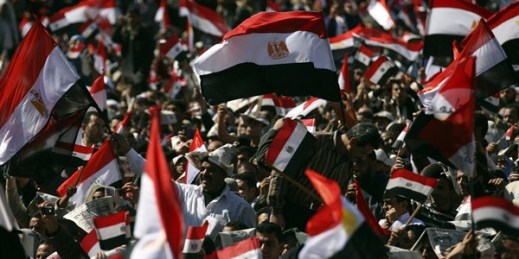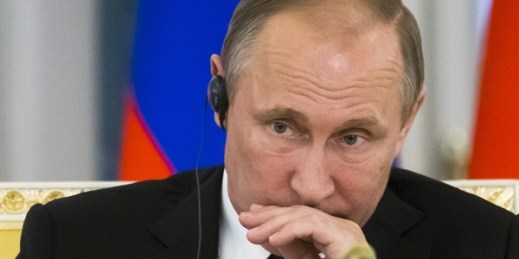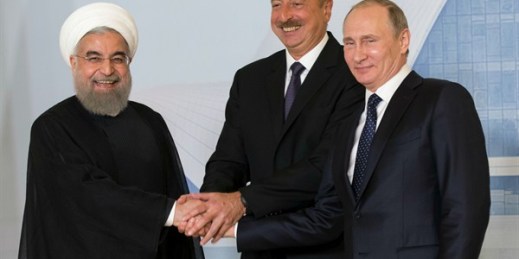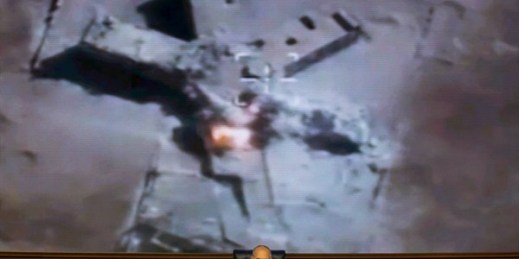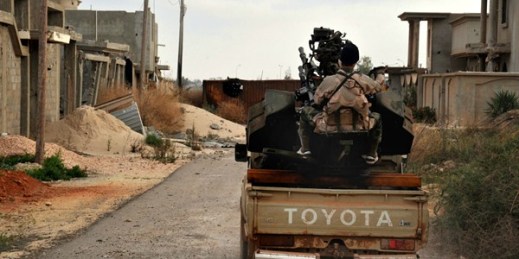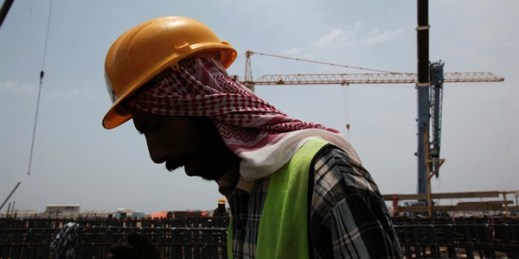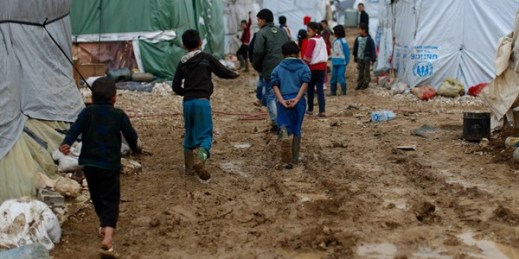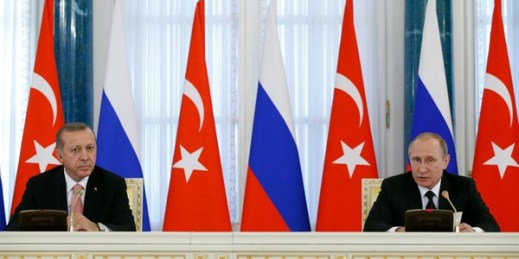
Turkey and Russia are patching up their troubled relationship. In early August, Russian President Vladimir Putin met with his Turkish counterpart, Recep Tayyip Erdogan, in St. Petersburg, in the first face-to-face meeting between the two leaders in 10 bitter months since Turkey shot down a Russian jet that was briefly in its airspace last November. But after some symbolic handshakes and photo-ops, what can be expected in concrete terms moving forward between Ankara and Moscow? Let’s start with the low-hanging fruit. It’s a safe bet that state-controlled media in Russia will no longer portray Erdogan and his close entourage with […]

